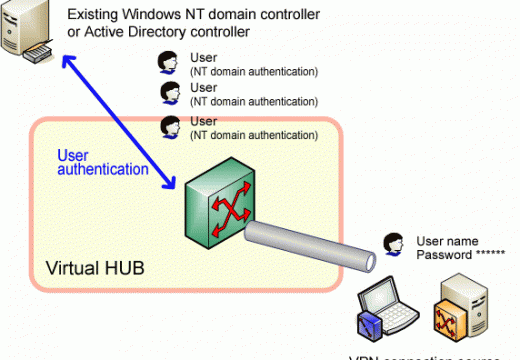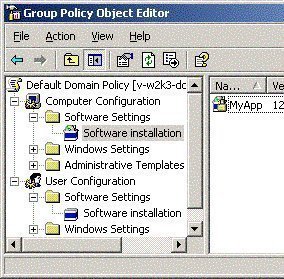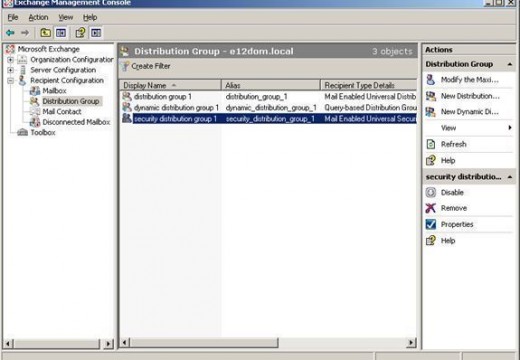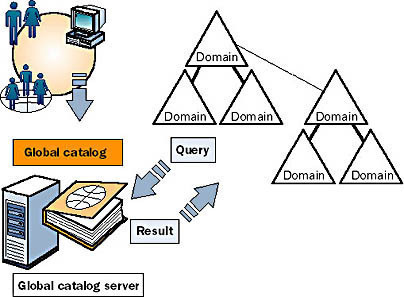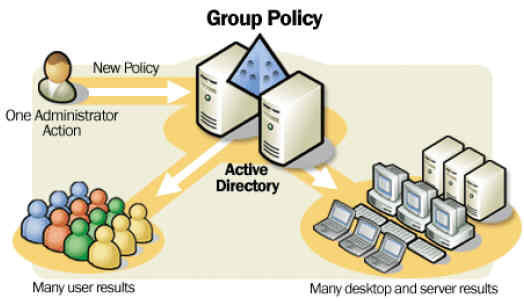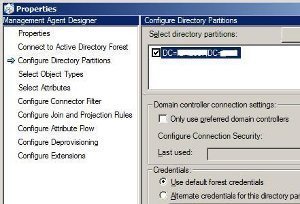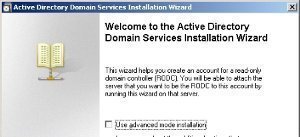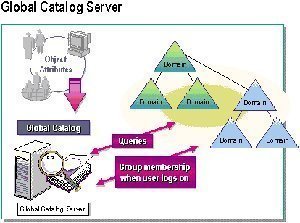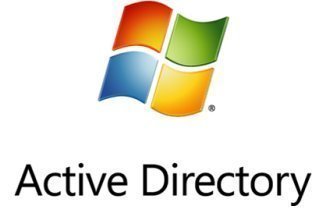Active Directory Authentication Types
The two types of authentication are Mutual Authentication and NTLM. Mutual Authentication requires both the server and the client to identify them. NTLM only requires the client to be validated by the server. Two types of authentication are Mutual Authentication and NTLM Authentication. Mutual Authentication Mutual Authentication is a security feature in which a client …

